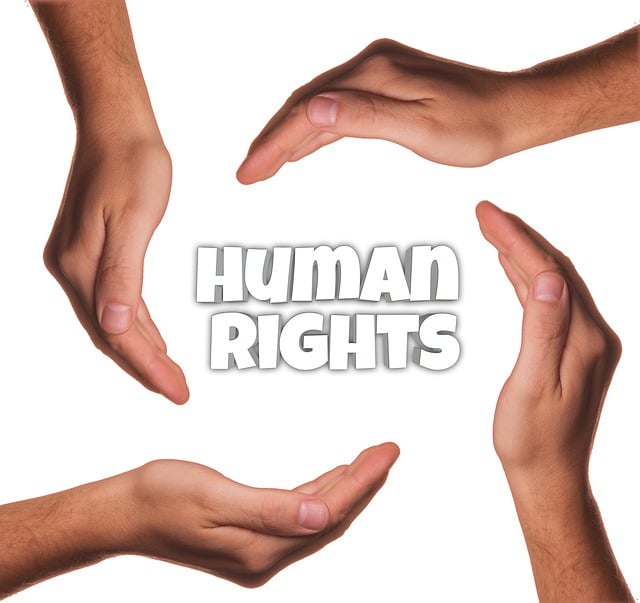Public corruption, marked by illegal activities like bribery, embezzlement, and fraud by public officials, weakens democratic institutions. In response, there's a growing trend towards settling breach of contract outside the judicial process for white-collar and economic crimes. This alternative dispute resolution (ADR) method offers efficiency, cost savings, and fairness compared to traditional court processes. While it promotes ethical standards and fosters trust, it must balance these benefits against potential public trust erosion and limited exposure of co-conspirators. ADR, particularly mediation and negotiation, has gained popularity for public corruption cases, providing flexibility, confidentiality, and control over outcomes while reducing media attention and encouraging cooperation.
“Public corruption charges pose significant challenges for public officials, with implications extending far beyond legal consequences. Understanding these charges and their definitions is crucial in navigating the complex web of ethics and law. This article delves into three key aspects: exploring public corruption charges and their legal ramifications; examining the benefits and drawbacks of settling breach of contract issues outside court for public officials; and investigating alternative dispute resolution methods in public corruption cases.”
- Understanding Public Corruption Charges: Definitions and Legal Implications
- Settling Breach of Contract Issues Outside Court: Pros and Cons for Public Officials
- Alternative Dispute Resolution Methods for Public Corruption Cases: A Comprehensive Look
Understanding Public Corruption Charges: Definitions and Legal Implications

Public corruption charges encompass a range of illegal activities where public officials abuse their power for personal gain, often involving bribery, embezzlement, and fraud. These offenses undermine democratic institutions and pose significant challenges to good governance. Understanding the nuances of public corruption is crucial in navigating the legal implications and ensuring transparency. One notable aspect is the increasing trend towards settling breaches of contract outside court, particularly in cases of white-collar and economic crimes.
This alternative dispute resolution method can be a more efficient and cost-effective approach compared to lengthy judicial proceedings. By focusing on all stages of the investigative and enforcement process, authorities aim for a complete dismissal of all charges, fostering a perception of fairness and encouraging compliance with ethical standards. This strategy also reflects a broader shift towards modern, innovative solutions in combating public corruption, ensuring that justice is served while promoting economic growth and stability.
Settling Breach of Contract Issues Outside Court: Pros and Cons for Public Officials

Public officials facing breach of contract claims often consider whether to settle out of court, a strategy known as settling breach of contract outside the judicial process. This approach presents both advantages and disadvantages in the context of public corruption charges. On one hand, going through a trial can be lengthy, costly, and highly publicized, potentially damaging the official’s reputation and political career. Settling privately allows for more discretion, preserving privacy and avoiding the media scrutiny that often accompanies high-profile cases. Additionally, a court ruling might not offer a clear resolution, leaving room for future disputes; a negotiated settlement provides a definitive end to the matter.
However, opting for an out-of-court settlement could also impact public trust. Transparency is a cornerstone of democratic governance, and resolving such issues secretly may raise suspicions of foul play or influence peddling. Moreover, settling without a trial might hinder the ability to uncover and expose potential co-conspirators or underlying systemic issues that contributed to the breach of contract. This is particularly relevant in white-collar crime cases where complex financial schemes are involved, and the involvement of philanthropic and political communities may need to be examined. Avoiding indictment through early settlements could also set a precedent, potentially complicating efforts to combat corruption by encouraging similar strategies.
Alternative Dispute Resolution Methods for Public Corruption Cases: A Comprehensive Look

In recent years, there’s been a growing interest in alternative dispute resolution (ADR) methods for public corruption cases. These techniques, such as mediation and negotiation, offer a viable alternative to traditional jury trials. ADR allows for more flexibility and confidentiality, which can be particularly beneficial in navigating complex political and philanthropic communities involved in corruption investigations. By settling breaches of contract outside court, parties can save significant time and legal fees while maintaining control over the outcome.
This shift towards ADR is not just a matter of cost savings; it also ensures that all stages of the investigative and enforcement process are handled with greater discretion. Unlike public trials, which can draw excessive media attention and cause reputational harm, ADR provides a more private setting for resolving disputes. This approach encourages cooperation and transparency, ultimately contributing to more effective and efficient corruption prevention and enforcement efforts.
In navigating public corruption charges, understanding various dispute resolution methods is key. While court trials have long been the norm, exploring alternatives like settling breach of contract issues outside the courtroom offers potential benefits for both public officials and the legal system. This approach can lead to more efficient, cost-effective solutions, fostering a streamlined process without compromising fairness or transparency. By embracing innovative strategies, such as mediation and arbitration, we can enhance the integrity of our public sector while ensuring swift justice in corruption cases.






